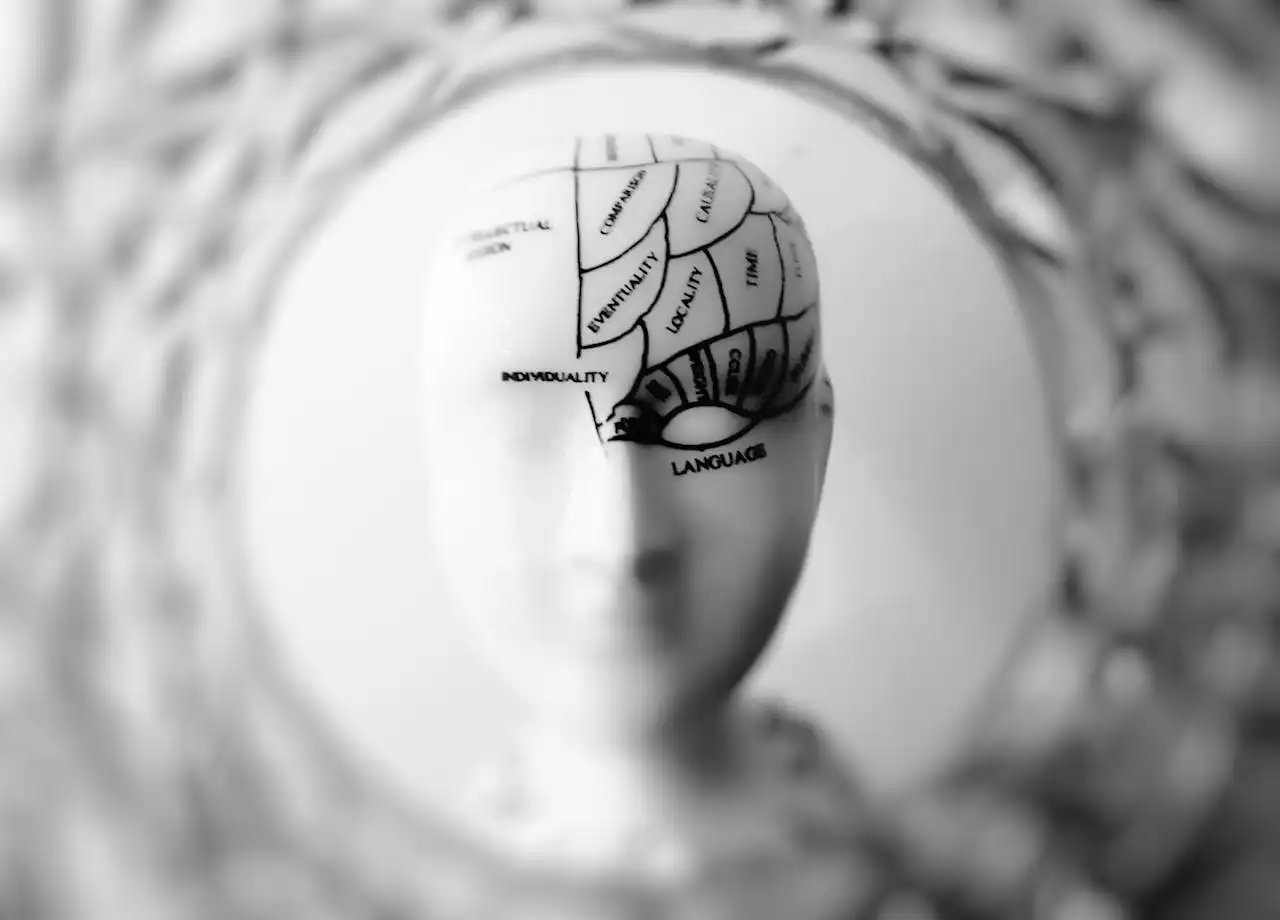More Than Just a Break: The Amazing Benefits of Napping for Body and Mind
Muhe - Monday, 11 August 2025 | 11:00 PM (WIB)


Improved Performance and Focus
Napping is an effective way to recharge. A short nap of 20-30 minutes (known as a power nap) is enough to improve alertness and motor performance. Upon waking, you'll feel refreshed, focused, and ready to face the rest of the day. This is especially beneficial for those with jobs that require high concentration or need to make important decisions.
Longer naps, around 90 minutes, can help boost creativity and problem-solving skills. This duration allows the brain to go through a full sleep cycle, including the Rapid Eye Movement (REM) phase, which is associated with emotional processing and memory consolidation.
Sharpens Memory and Learning
One of the biggest benefits of napping is its role in memory consolidation. During sleep, the brain processes the information you learned throughout the day, transferring it from short-term memory to long-term memory. By napping, you give your brain the opportunity to perform this process, which can significantly improve your ability to learn and remember new information.
Long-Term Health Benefits
Napping not only provides immediate benefits but also contributes to long-term health.
Reduces Stress: Napping can lower stress hormones like cortisol, making you feel calmer and more relaxed.
Improves Mood: Lack of sleep can worsen your mood and increase the risk of depression. Napping can help improve your mood and reduce irritability.
Improves Heart Health: Several studies have shown that regular napping can help lower blood pressure, which in turn reduces the risk of heart disease.
Effective Napping Tips
To maximize the benefits of napping, here are a few things to keep in mind:
Ideal Duration: Limit your nap to 20-30 minutes to avoid sleep inertia—the feeling of grogginess and confusion when waking up from too deep a sleep.
The Right Time: The best time to nap is in the afternoon (around 2-3 PM), before 4 PM to avoid disrupting your nighttime sleep.
Create a Comfortable Environment: Choose a quiet, dark, and cool place for napping.
By making napping part of your routine, you're not only taking a short break, but also investing in your long-term health and productivity.***

How to Relax Your Mind During the Weekend
6 months ago

ChatGPT's Compassionate Turn: How AI Is Learning to Handle Mental Health Crises Better
6 months ago

Coffee vs. Tea: The Morning Brew Showdown That's More Than Just a Cuppa
6 months ago

Cracking the Code: Your Guide to Taming Those Beastly Migraines
6 months ago

Fuel Your Supercomputer: Five Foods That Will Level Up Your Brainpower
6 months ago

Unlocking Your Inner Shield: Five Veggies That Are Basically Superheroes for Your Immune System
6 months ago

Your Secret Weapon for Weight Loss? It's As Simple As Putting One Foot in Front of the Other
6 months ago

Forever Young: The Secret to a Glowing, Timeless Life
6 months ago

Your Gut Feeling is Right: How to Feed Your Inner Universe for a Happier, Healthier You
6 months ago

Navigating Your Daily Grind: When Does Your Coffee Habit Cross the Line?
6 months ago
